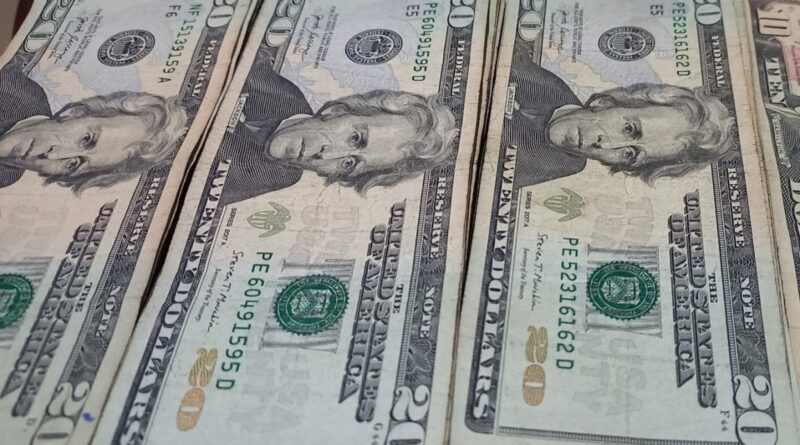Zimbabwe: Complaints Over Hefty Nomination Fees Ahead of Zimbabwe’s August Polls
Harare — The general election season is upon Zimbabwe, with both the ruling Zanu-PF and it’s main rival Citizens’ Coalition for Change (CCC), completing the process of electing candidates. On August 23, Zimbabweans will cast ballots to choose a president, council members and members of parliament.
But unlike the previous election in 2018, this time around the opposition has been fighting to reduce the fees, but to no avail.
This comes after Zimbabwe’s parliament approved a stunning increase in the fees to be paid by presidential candidates, from 1,000 in 2018 to U.S.$20,000 in 2023. Fees for candidates for the parliamentary and senate elections have risen from U.S.$50 back in 2018 to U.S.$1,000 in 2023 to appear on the ballot, a decision deemed exclusionary by opposition parties.
Some prospective presidential candidates were reportedly barred from submitting their nomination papers after the Zimbabwe Electoral Commission (ZEC) rejected their petitions because of “banking system challenges”. The fees, denominated in dollars, are a 20-fold increase from fees charged in 2018.
“The Zimbabwe Electoral Commission has noted with concern reports to the effect that prospective candidates were disqualified from lodging their nomination papers on account of difficulties experienced in effecting payment of nomination fees largely due to the current challenges within the banking system.”
“In view of this, the Commission is calling upon all candidates and parties whose nomination papers had been submitted but had challenges with the Commission’s point of sale machines and those who had submitted proof of payments but funds not reflecting in ZEC’s account to approach the respective nominations courts wherein their papers were lodged and make the necessary payments or get confirmation of said payment no later than 1700hrs on 22 June 2023,” the statement reads.

Sign up for free AllAfrica Newsletters
Get the latest in African news delivered straight to your inbox
Minister of Justice, Legal and Parliamentary Affairs Ziyambi Ziyambi has, however, described candidates complaining about the ZEC’s nomination fees as lacking seriousness and unworthy of the positions they want to be elected for.
Earlier, Nelson Chamisa’s CCC argued that the fees hike would restrict people’s ability to run for office, adding that the ruling Zanu-PF, who according to opposition parties has more financial resources at its disposal, is favoured by the steep increase in the cost of the ticket to contest in the upcoming polls.
Previously, a piece of legislation criminalising any “attack” on sovereignty and national interest was already enacted in Zimbabwe on June 1. The opposition and NGOs have already voiced their concern, labeling the bill “terrible” and ambiguous. Critics have accused the incumbent President Emmerson Mnangagwa of silencing any dissenting opinions.
The polls will be held as the country faces a severe economic crisis. This will be the second time Mnangagwa and Chamisa face each other. Five years ago, Mnangagwa received 50.8% of the vote in the first round. Unrest after the election resulted in the deaths of six people when security forces fired on protesters.
Chamisa is anticipated to pose a serious threat to Mnangagwa. In spite of the Constitutional Court rejecting Chamisa’s allegations of election manipulation, he barely lost to Mnangagwa in 2018.
A presidential runoff election, if necessary, was also set out for October 2 after the announcement through a government gazette. Mnangagwa is running for re-election after being elected president in 2018 following the military intervention that toppled the late former president Robert Mugabe in 2017. The southern African nation has only had two leaders since it gained independence from white minority rule in 1980.

